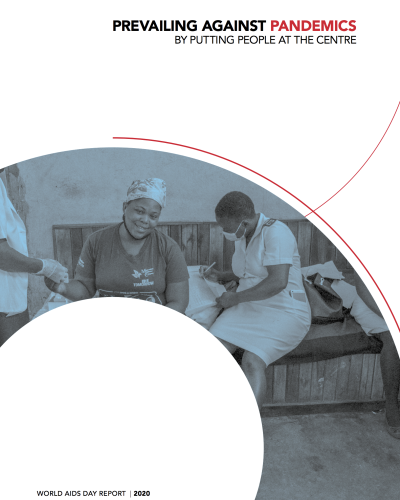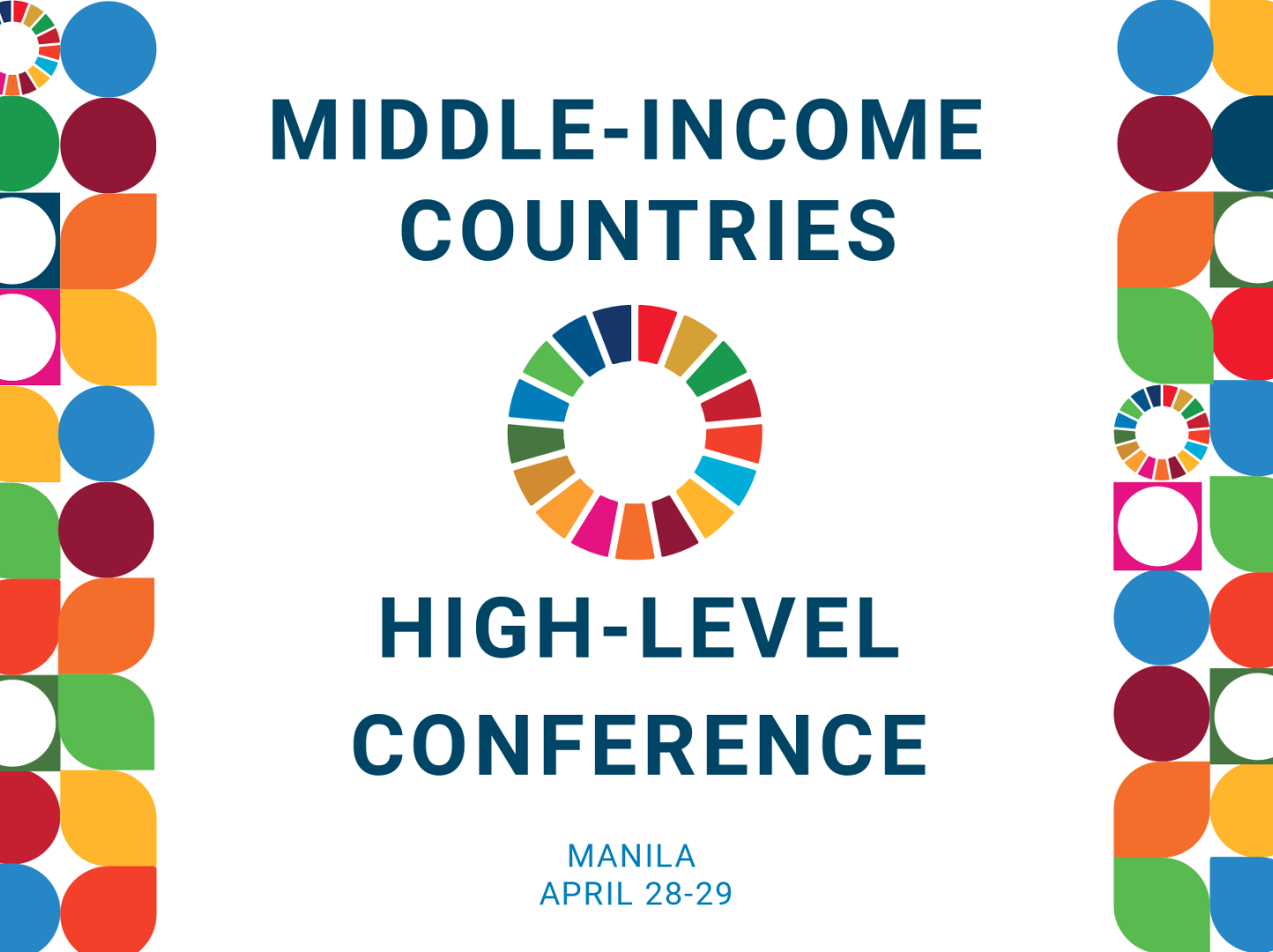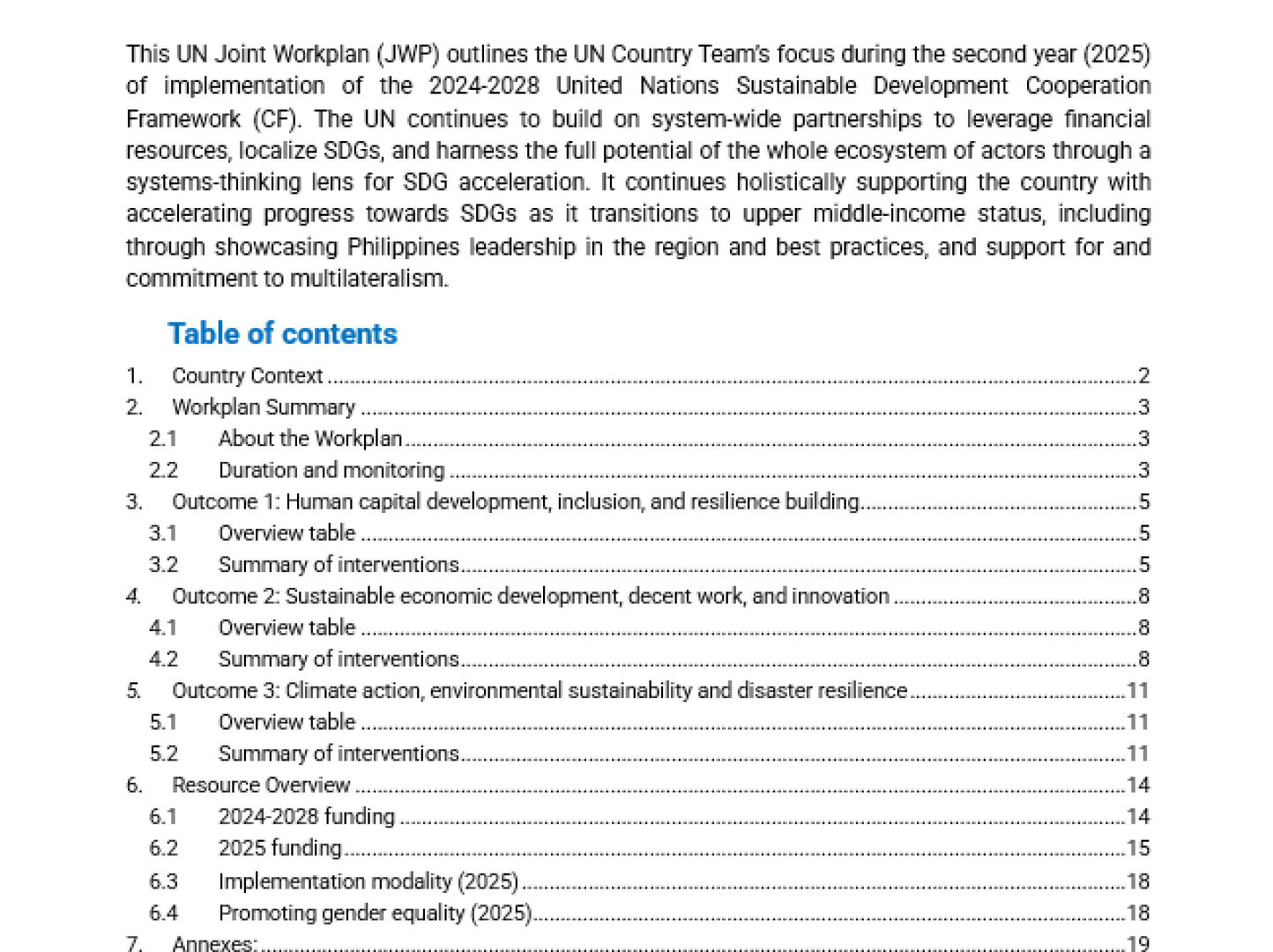Prevailing against pandemics by putting people at the center

This year’s World AIDS Day feels very different. COVID-19 has magnified and worsened the deep inequalities that run through our societies. It has shown how intricately linked global health and the global economy are. Years of collective failure to invest sufficiently in comprehensive, rights- based, people-centred health care has left the world deeply exposed.
The COVID-19 pandemic is having far-reaching effects on health systems and other public services. In many countries, HIV services have been disrupted, and supply chains for key commodities have been stretched. Around the world fewer people are being diagnosed with HIV and fewer people living with HIV are starting HIV treatment.
As this report shows, the global HIV response was off track even before the COVID-19 pandemic, but the collision of COVID-19 and HIV has sent it back further. The Fast-Track Targets, which expire at the end of this year, will not be achieved. Thirty-eight million people are living with HIV, with more than 12 million people waiting for life-saving HIV treatment. In 2019, 1.7 million people were newly infected with HIV and 690 000 people died from AIDS-related illnesses.



